SUMMARY
This is AI generated summarization, which may have errors. For context, always refer to the full article.
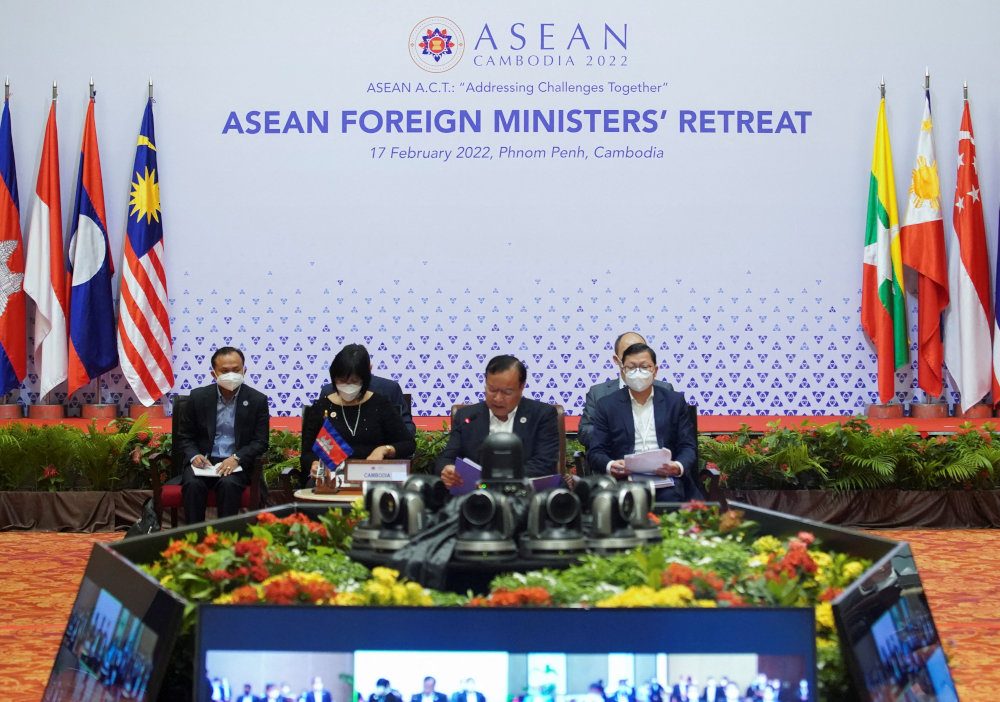
MANILA, Philippines – The 55th Association of Southeast Asian Nations (ASEAN) Foreign Ministers’ Meeting is set to take place in Cambodia from Tuesday to Friday, August 2 to 5, where all the top diplomats of each member-state will be in attendance.
Here’s a rundown of what the ASEAN Ministerial Meeting (AMM) is and what to expect from it.
History
Since ASEAN’s creation in 1967, the AMM has been a mandatory forum that is organized for all members of the organization to discuss political and security cooperation within Southeast Asia.
As stated in the 1967 Bangkok Declaration, it is one of the organization’s foundational meetings designated to foster cooperation among member-states.
The AMM is held at least four times a year in one of the 10 member-states and may convene special meetings as necessary, to discuss urgent matters that require immediate attention.
Agenda
While the agenda of the meeting varies, it is primarily concerned with reviewing and discussing ASEAN’s community-building efforts, its future plans, as well as the conduct of external relations.
The meeting is also assisted by three subsidiary bodies:
- ASEAN Senior Officials Meeting (SOM)
- ASEAN Standing Committee (ASC)
- Senior Officials Meeting on Development Planning (SOMDP)
All matters being deliberated by these subsidiary bodies are submitted to the AMM for further consideration. The ASC, in particular, is tasked with implementing the work and courses of action agreed upon by ASEAN member-nations in between these ministerial meetings.
As widely known, ASEAN operates on a non-interference principle that relies on dialogue and trust, that mechanisms such as the AMM can effectively prevent and deescalate tensions.
This principle can also make it difficult for countries to carry out penalties against fellow member-states during crises, and ASEAN does not impose any sanctions policy unlike the European Union (EU). Previous AMMs have tackled the Rohingya refugee crisis in Myanmar and economic partnerships with East Asian states like Japan.
Significance
The AMM is a major opportunity for leaders of the 10-member organization to convene on issues relating to diplomatic relations, trade, regional security, human rights, and other matters of international concern.
Past AMMs have served as avenues for ASEAN to condemn human rights crises in member-states, which remain a perennial problem in the region.
Just recently, Myanmar’s foreign minister was excluded from the upcoming AMM, following the continued violence and deterioration of their human rights situation since the military junta seized power in a coup in 2021.
During past meetings, ASEAN ministers had also extensively tackled the incursion of Chinese forces into Southeast Asian states’ territories and China’s land reclamation activities in the South China Sea.
Foreign leaders may also participate, and post-ministerial conferences with ministers of China, the Republic of Korea, Japan, the United Kingdom, India, European Union, United States, and Russia are set to follow the AMM on Thursday, August 4.
The foreign minister of Russia is also expected to join, despite the war raging in Ukraine for over five months after Russian forces invaded the nation. – Rappler.com
Add a comment
How does this make you feel?
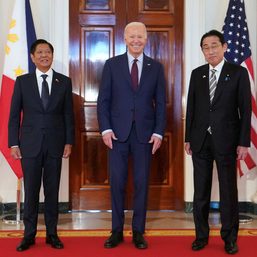
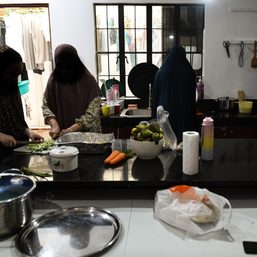
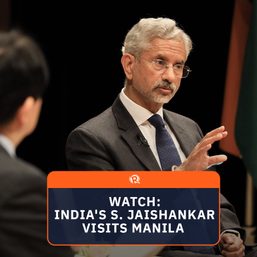
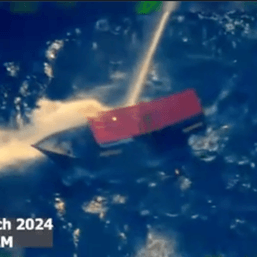
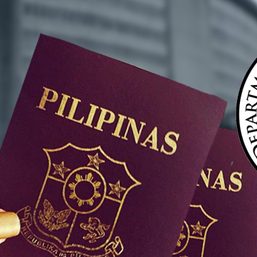
![[OPINION] Expectations for Philippines-US-Japan trilateral cooperation: A view from Japan](https://www.rappler.com/tachyon/2024/04/tl-ph-usa-jp-cooperation.jpg?resize=257%2C257&crop=447px%2C0px%2C1080px%2C1080px)
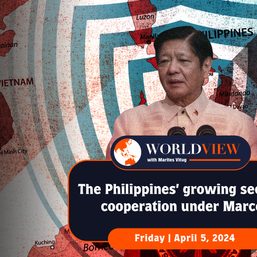
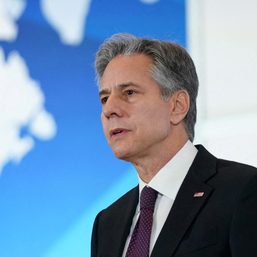
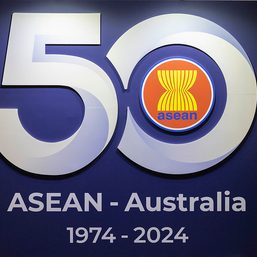
There are no comments yet. Add your comment to start the conversation.